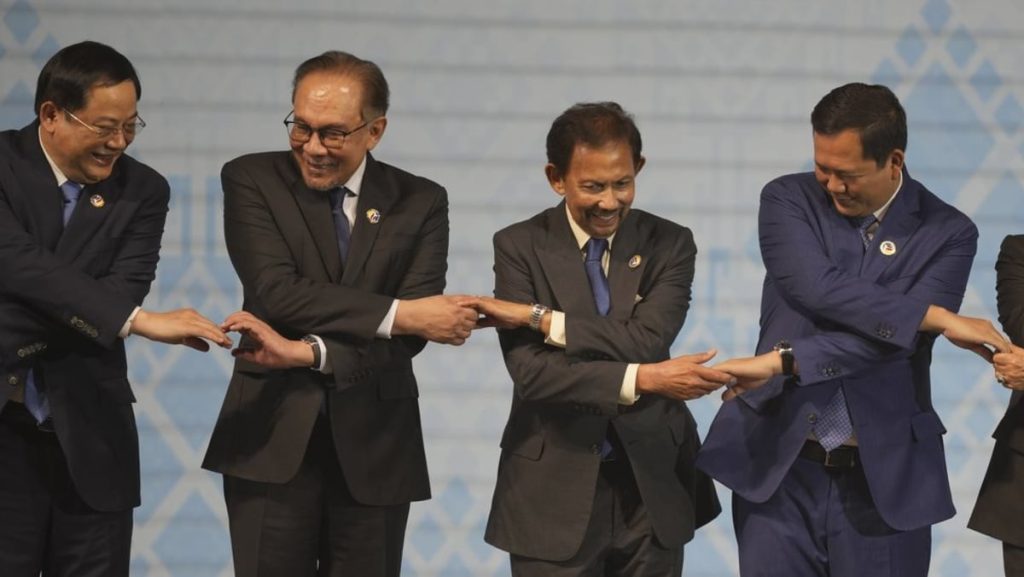Following a recent trip, Sultan Ibrahim of Malaysia praised China for its stance on Israel and expressed alignment with China on the issue of peace in Palestine. However, tensions arise as China claims almost the entire South China Sea, while several ASEAN members, including Malaysia, have overlapping claims in the region. Mr Joshua Kurlantzick of the Council on Foreign Relations noted that Malaysia will need to balance pursuing closer ties with China while defending its and other ASEAN members’ sovereign rights in the South China Sea.
As Malaysia currently holds the position of the country coordinator for ASEAN-China relations, it plays a significant role in advancing the Code of Conduct negotiations in the South China Sea. The aim is to finalize the negotiations by 2026, with Malaysia likely prioritizing pushing the talks forward to ensure a rules-based approach to maritime disputes. However, if Malaysia is perceived as leaning too closely toward China, maintaining the trust of other claimant states like the Philippines and Vietnam could become challenging.
In light of the crisis in Myanmar, Malaysian leader Anwar Ibrahim has been vocal about the need for ASEAN member states to unite in facing the situation. Malaysia is expected to advocate for stronger actions by ASEAN in response to the ongoing conflict between pro-democracy guerrillas, ethnic minority armed forces, and the military junta that took power in 2021. Unlike some ASEAN counterparts, Malaysia has a history of being outspoken about human rights issues, such as the Rohingya repression in 2017, which it criticized ASEAN for responding to weakly.
The crisis in Myanmar remains a contentious issue within ASEAN, with Malaysia likely to push for a stronger stance on human rights violations and political instability in the country. As tensions continue to escalate between pro-democracy forces and the military junta, Malaysia’s advocacy for tougher actions by ASEAN may face resistance from countries that prefer a more reserved approach to international conflicts. This could potentially impact Malaysia’s relationships within the region, particularly with other claimant states in the South China Sea.
Moving forward, Malaysia will need to strike a delicate balance between its alignment with China on certain issues, such as peace in Palestine, and its responsibilities as a member of ASEAN to uphold regional stability and security. The country’s role as the country coordinator for ASEAN-China relations presents both challenges and opportunities in navigating complex regional dynamics. By prioritizing collective interests and advocating for a rules-based approach to maritime disputes, Malaysia can contribute to advancing regional cooperation while safeguarding its own sovereignty in the South China Sea.
Ultimately, Malaysia’s position on various regional issues, such as the crisis in Myanmar and the disputes in the South China Sea, will shape its reputation within ASEAN and its relationships with key partners like China. By balancing its interests in maintaining regional peace and stability with its commitment to upholding human rights and sovereignty, Malaysia can play a constructive role in addressing complex challenges facing the region. The upcoming Code of Conduct negotiations in the South China Sea will be a critical test for Malaysia’s ability to navigate competing interests and advance ASEAN’s collective objectives.


